The Rise of the Dutch Republic, 1555-59
The Rise of the Dutch Republic, 1555-59
Book Excerpt
icious of all men, and capable of sacrificing a
realm from hesitation and timidity. The father had a genius for action,
the son a predilection for repose. Charles took "all men's opinions, but
reserved his judgment," and acted on it, when matured, with irresistible
energy; Philip was led by others, was vacillating in forming decisions,
and irresolute in executing them when formed.
Philip, then, was not considered, in that warlike age, as likely to shine as a warrior. His mental capacity, in general, was likewise not very highly esteemed. His talents were, in truth, very much below mediocrity. His mind was incredibly small. A petty passion for contemptible details characterized him from his youth, and, as long as he lived, he could neither learn to generalize, nor understand that one man, however diligent, could not be minutely acquainted with all the public and private affairs of fifty millions of other men. He was a glutton of work. He was born to write despatches, and to scrawl comments upon those
Editor's choice
(view all)Popular books in History
Readers reviews
0.0
LoginSign up
Be the first to review this book
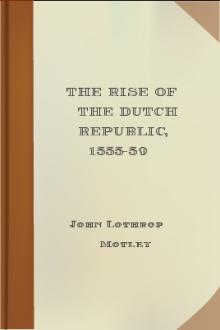
 Free Download
Free Download












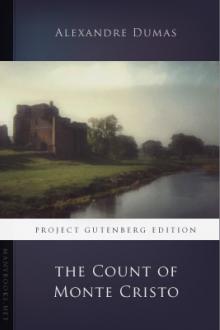
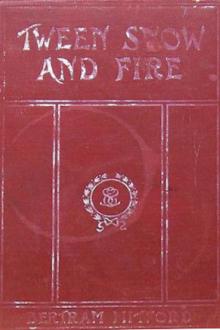
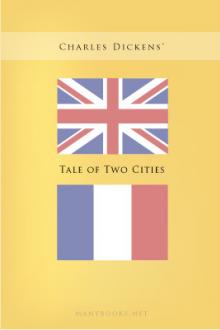
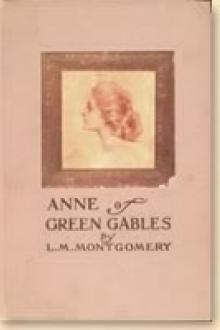
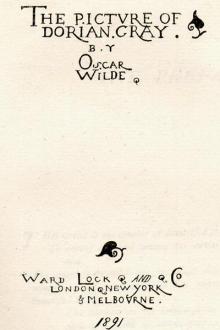
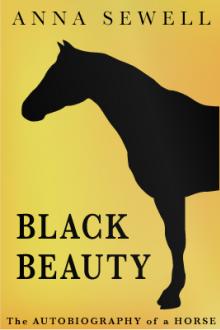

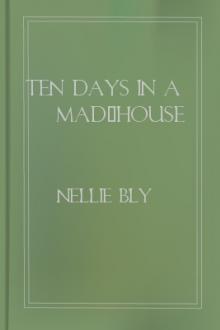
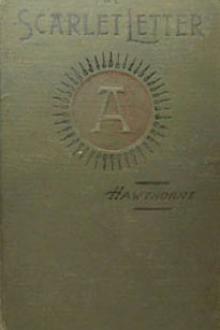
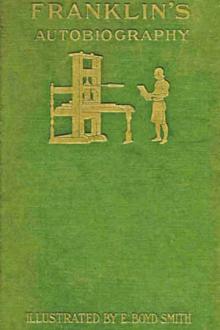
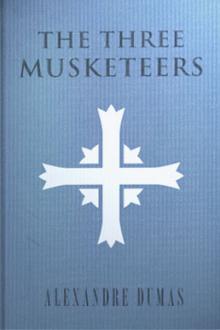
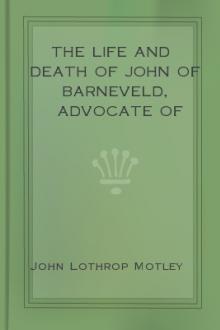
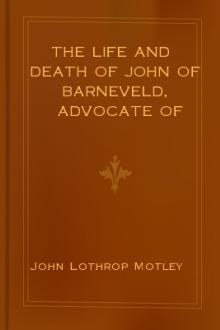
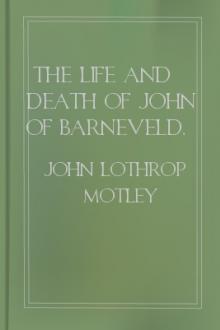
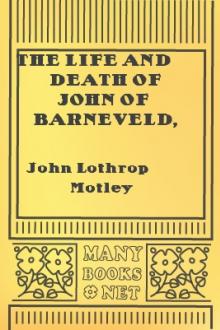
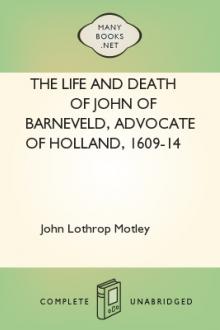
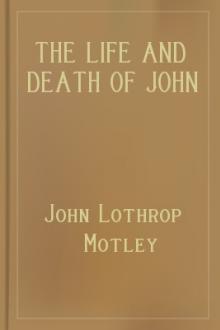
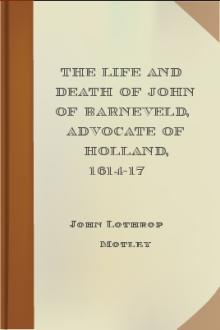
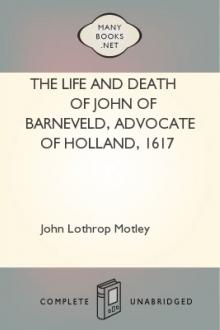
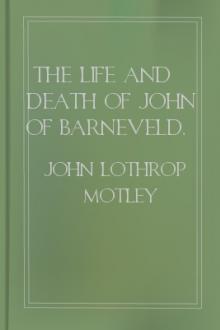
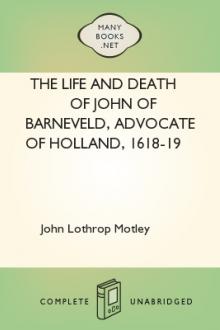
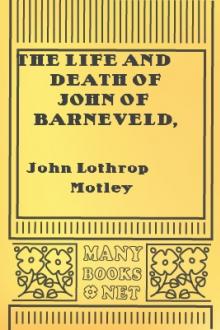
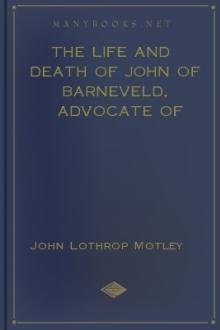
-itok=vcKIB5v1.jpg)